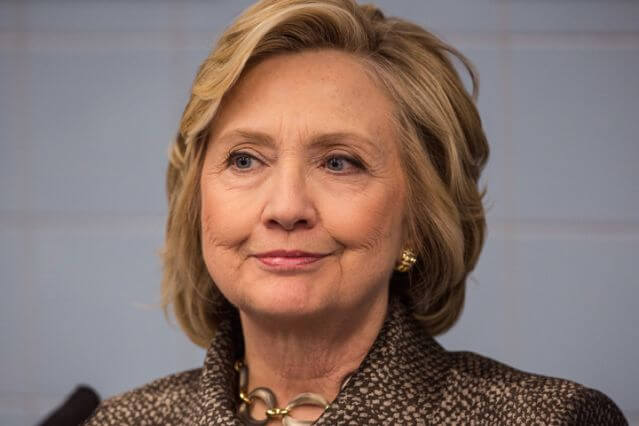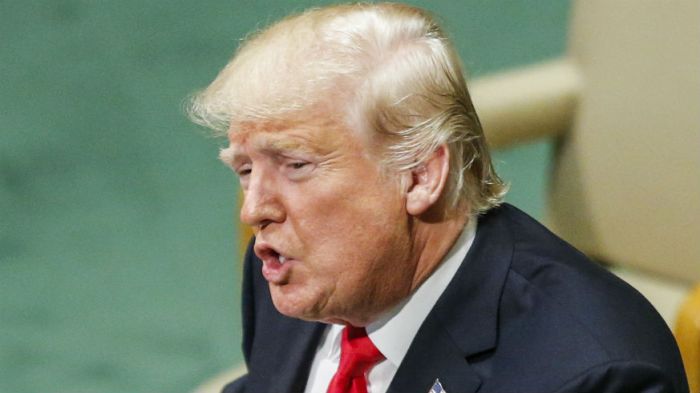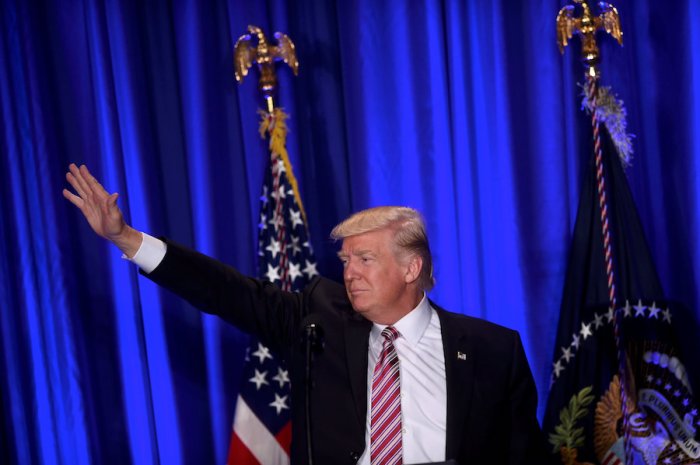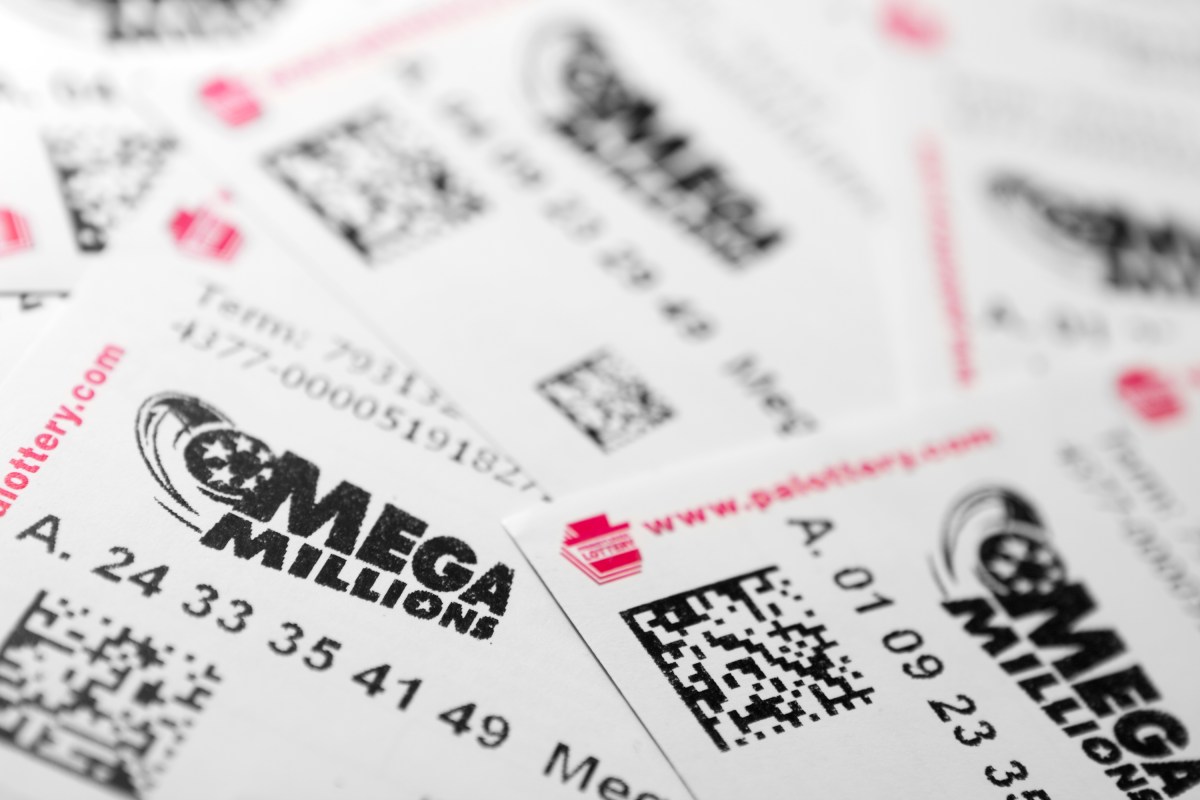I’m not big on conspiracy theories or folkloric fantasies. I do not think the Loch Ness monster is real. I don’t believe there was a second assassin on the grassy knoll. And I have no reason to suspect Donald Rumsfeld is a replicant. The main reason for my feelings is the utter lack of evidence. And yet, just spend one late night listening to talk radio, and you will know that true believers persist — folks who are completely on board with the idea of UFOs, chupacabras and grandpa’s ghost rattling around in the attic. So my skeptical tendencies crackle when candidate Hillary Clinton hints at some old mythology about a vast right-wing conspiracy aimed squarely at her. She did it this past week when my colleague at CNN, Brianna Keilar, asked her why so many voters feel the former first lady, senator and secretary of state is untrustworthy. Without a blink, Clinton said, “People should and do trust me.” Then she added that any such perception is being created by a “barrage of attacks that are largely fomented by and coming from the right.” Harrumph. To be sure, there are plenty of people on the conservative side who will do damn near anything to defeat her. They will raise money, they will spread lies (and embarrassing truths) and they will attack at every opportunity. But we have a name for that. It’s called hardball politics. No, the conspiracy she should perhaps worry about is not on the right. It is within her own camp, and it is being fed by those who think she can simply push aside real polls of real voters who have real questions. History suggests she can and must respond with real answers. Because the worst foe of almost every campaign is not a legendary beast creeping through the shadows of Pennsylvania Avenue, but the myths the candidates tell themselves rather than facing up to the truth. Tom Foreman predicts this week in politics. He is a CNN Correspondent and author of the upcoming book “My Year of Running Dangerously: A dad, a daughter, and a ridiculous plan.”
Tom Foreman: Clinton skeptics

Getty Images























